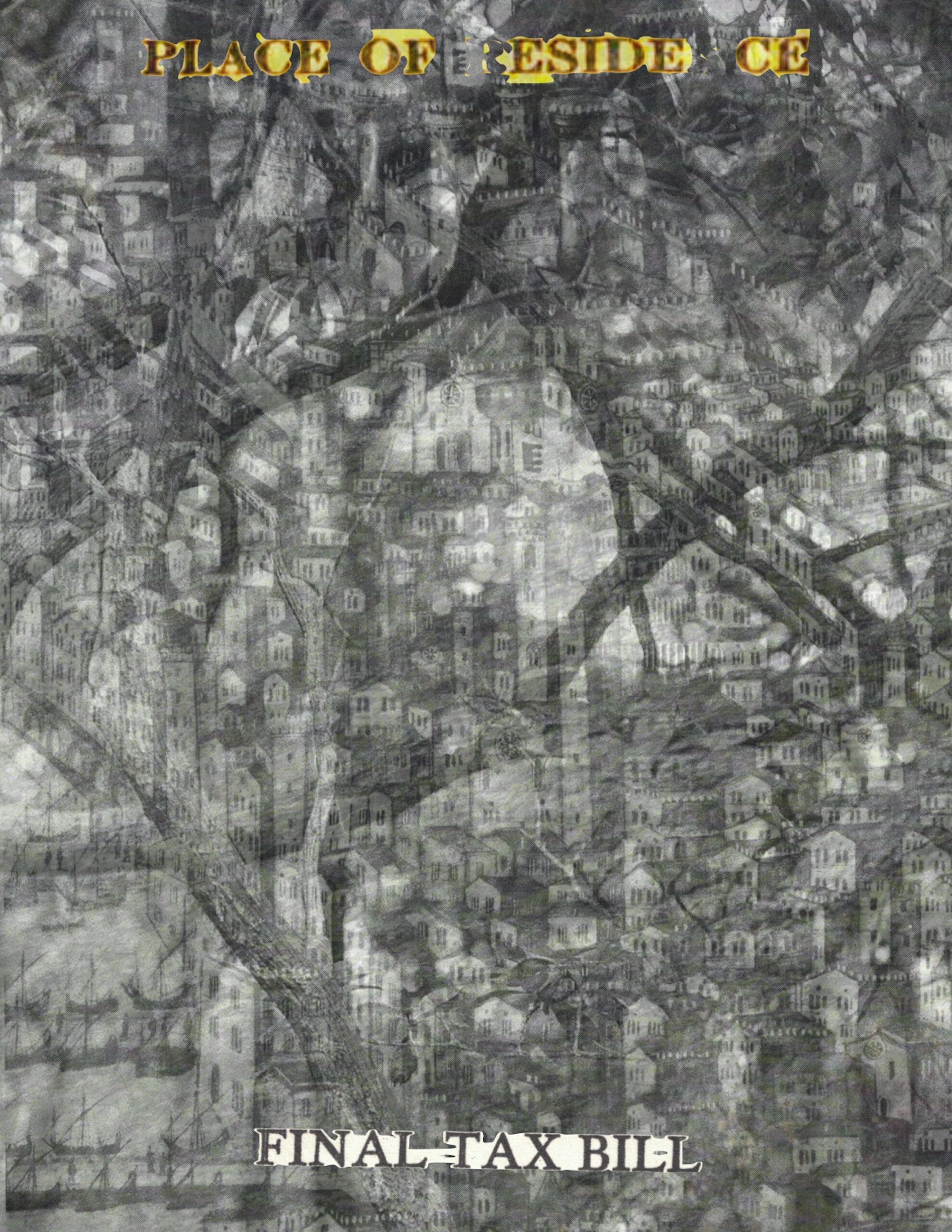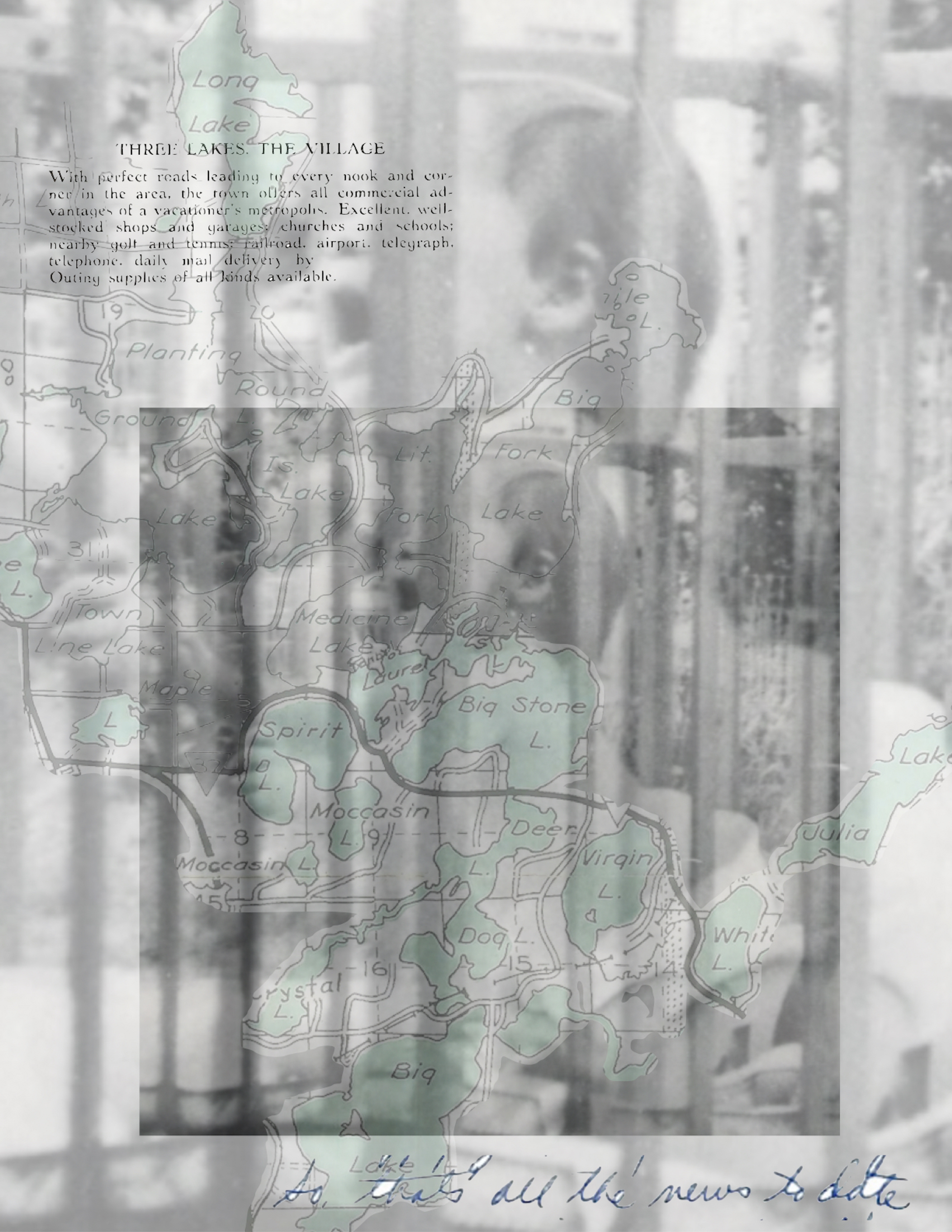By David Brady
In the dim living room of our small apartment in Angus, an old black-and-white photograph hung on the wall, slightly tilted in its cheap plastic frame, the surface dull with age. The apartment sat above a gas station, the only entrance a set of back stairs leading up from the garage below. It was a cramped space, a small kitchen, a living room, two bedrooms, and a divided bathroom, sink and toilet in one space, a short cramped green bathtub in the other.
The photograph captured my mother’s family during her childhood, taken in their little house in Cabbagetown, a neighborhood carved from hardship, its roots deep in the weary footsteps of those who found themselves here, east of the Don River. The houses were tight-packed, stoops close enough for gossip, the air thick with the scent of boiled cabbage and coal smoke. A place of narrow cottages and factory shifts, where men trudged home from the distilleries and meatpacking plants, their boots stained with the day’s labor. The sounds of cattle carried from the stockyards, mixing with the clang of metalworkers at the foundries.

This Old City by John Repp
In the small yards, hardy green heads of cabbage pressed against wooden fences, their slats freshly white, a humble marker of the homes they enclosed. Remnants of a time when hunger had taught immigrants to grow what they could, wherever they could. Even as the city modernized, the name stuck. A reminder of the immigrants who made their homes here, and what they endured. This was where my mother was born, in the shadow of the glue factories and breweries.
The photograph captured a tightly packed group. Thirteen siblings and their mother, Teresa. Small, brown-skinned, deep-set eyes, her face lined by hardship. Streaks of silver cut through her dark hair, pulled into a simple knot. Her knowing smile was not joy but endurance, the look of a woman who understood survival. Conspicuously absent was their father Giovanni, a shadow man who passed through like a ghost, a bridge builder who was rarely home. He was a father who, despite his temper and heavy hands, held a quiet fondness for his youngest.
Their name marked them as immigrants, a constant reminder of where they came from, so they softened it, reshaped it, made it easier for others to say. Greck. A name that fit better in a place that never made room for them.

That's All by John Repp
But my mother, the thirteenth child, was taken by the city, removed from this teeming family, placed in foster care. She spent years shifting between homes, belonging nowhere, until she returned at sixteen. By then, she had made it through Grade 8, more schooling than any in her family had managed.
Eileen, no middle name, Greck, the youngest, in the front, clad in a plain pleated dress and hand-me-down black shoes. A little over five feet tall, her chestnut hair falling in soft waves to her shoulders, sharp brown eyes that held more depth than a child’s should. She was slim, a slimness forged by scarcity.
Years passed, before the night everything changed. A cold November morning. My father walked along the shoulder of a dark road, the only light from the headlights of passing cars.
He never made it home. A drunk driver veered onto the shoulder and plowed into him. No warning. No last words. No one called for help.
The news came in fragments. A knock at the door. The tight faces of the two officers, their voices measured and careful. We stood in the cramped doorway. My mother holding herself rigid, back straight, her face unreadable. My older brother shifted on his feet, and I held my breath, waiting for the words to land.
At first, she said nothing. Just stood there, absorbing the blow. Then she weathered it. No scream, no wail. Just a slow, deliberate nod, as if the weight of it had already been expected. Then, she thanked the officers for letting her know, her voice steady, measured. She turned and walked inside.
I should have felt heavier. But beneath the shock, something else. A breath I hadn’t known I was holding. My shoulders loosened. Then nausea. What kind of son feels relief?
She didn’t cry at his funeral, just sat stiffly in the front row, hands clasped. My brother and I flanked her, my school class in the rows behind us.
After that, our world became more predictable. No more uncertainty about where he was, or where he wasn’t. No more waiting for a father who might not come home. No more being told we couldn’t have friends over. No more shame. She got Mother’s Allowance—barely enough.
She kept us housed and fed, the floors clean, the laundry done. Meat, potatoes, and canned vegetables on the table. Band-Aids for scraped knees. School visits. A roof over our heads. She held us together because there was no other choice. Survival was something she had learned young.
But there was nothing behind it. No warmth, no ease, no softness. Just a body, moving through the tasks of survival, holding us together the only way she knew how. Whatever was inside her had long since disappeared. We were raised by what was left of her.
The little girl in that photograph, with a forced smile and haunted eyes, longed for escape. She wanted to shed the weight of poverty, the constant scramble for enough. She found a path out, working, moving up to manage a factory floor. She had once imagined another life, traveling the world with Thomas, the boy she’d loved as a girl, but that fairytale didn’t hold up against the real world. Instead, she married Bill, a soldier her mother warned her about.
For a time, her world widened. She saw England, Holland, and Germany. Places where the air didn’t smell of blood and fermentation. Then, Canada again. A military base. A routine that felt like stability. She played the role—a wife, a mother, a woman who built something beyond the narrow streets of her childhood. Those were her good years.
When Bill lost his job and was pushed out of the military, the facade crumbled. Late notices, rationed meals, the creeping awareness that survival was never guaranteed. She was back in the cycle she thought she had escaped.
The strain hardened her. She screamed at Bill, berated him for their circumstances. Sometimes, in her frustration, she lashed out with clumsy, open-handed blows. He took them without protest.
One night, she threw a snow globe. It shattered against the wall—glass, water, flecks of fake snow and glitter caught the dim light. Her rage, her survival, became the air we breathed. I carried it with me, even as I left.
I learned early how to read a room, to listen for the shift in breath, the tightening of a jaw. I studied silence, the weight it carried. I was always watching, always searching for patterns, for meaning. As a child, I traced fossils in creek beds, imagined lost cities beneath the dirt. I wanted to understand what came before, what was left behind.
Now, I look for different traces of the past. The old black-and-white photograph sits on my desk, the plastic frame cracked, the surface dull with age. It's fading, like the memories themselves. I run my fingertip over my mother's face, the little girl in the front row, careful not to smudge what remains. I didn’t know Teresa, not really. But I know what her daughter endured. And I understand now that my mother's survival shaped everything that came after. The need to look, to search, to understand that past, the hardship, the choices she made, is a way of understanding myself and maybe, just maybe, breaking free.
About the Author
David Brady writes fiction and poetry that explore speculative realities and human interiority. His work examines the tensions between progress and memory, isolation, and connection. He is completing an MFA in creative writing and draws from a background in the social sciences to ask: what could happen, and why do we follow the paths we do?
About the Artist
John Repp is a writer, folk photographer, and digital collagist living in Erie, Pennsylvania. In December, Sheila-Na-Gig Editions will publish his sixth book of poetry, Never Far From the Egg Harbor Ice House.